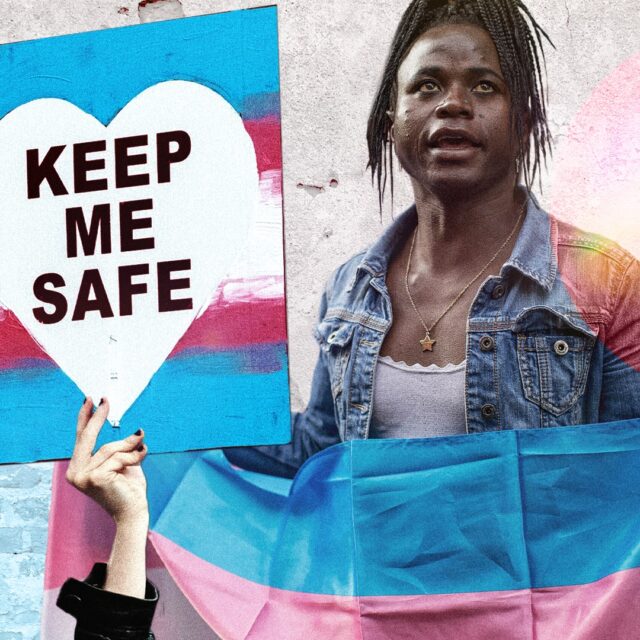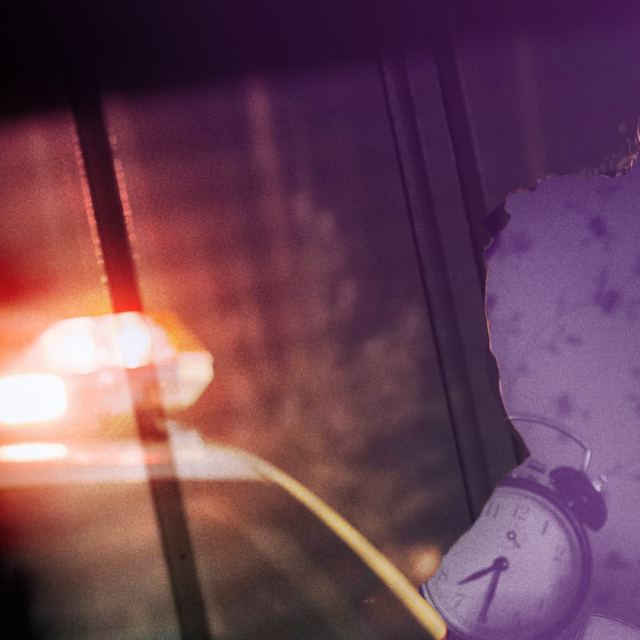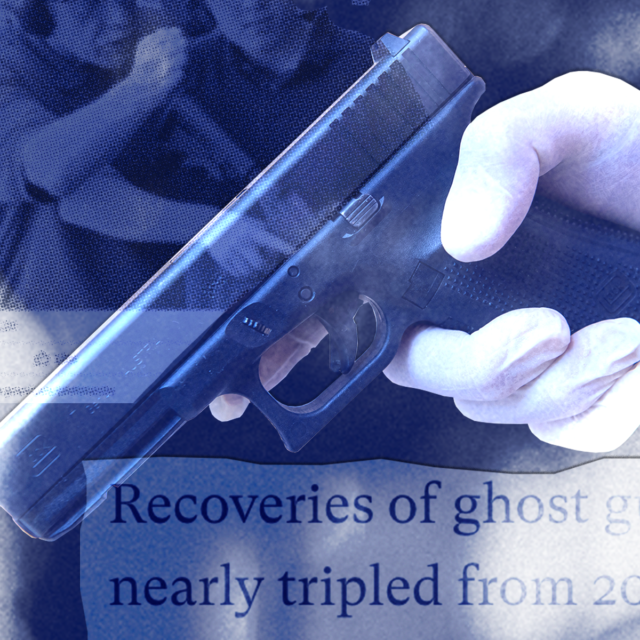The Truth About “Concealed Carry Reciprocity”
Last Updated: 2.6.2023
MYTH: Concealed carry permits should be treated just like driver’s licenses. A person licensed to drive in one state is allowed to drive in every other state, and a person legally allowed to carry a hidden, loaded handgun in one state should be allowed to do so in every other state.
FACT:
There are major differences between driver’s license laws and concealed carry laws. Driver’s license applicants are required to meet core public safety standards with very little variation among states. As a result, states voluntarily recognize each other’s driver’s licenses. To the contrary, concealed carry standards vary dramatically across the country—including on gun safety training, disqualifying violent criminal convictions, minimum age, and even the requirement to get a permit at all. And while driver’s licenses are almost universally verifiable, law enforcement often has no way to verify out-of-state carry permits. What’s more, under CCR, residents of the twenty-five states that do not require a permit to carry a gun in public would not even have a permit to present to an officer of another state. CCR would not create a national standard for who can carry hidden, loaded handguns in public. Instead, it would force all states to accept every other state’s standards, including those states with weaker or no standards. Every state requires a driver’s license to drive a car, but 25 states don’t require a permit to carry a concealed handgun in public and 10 states don’t require any safety training to obtain a permit.
MYTH: CCR respects individual state gun laws.
FACT:
The primary effect of CCR is the undermining of state laws: CCR would override states’ carefully crafted laws on who may carry concealed handguns within their borders. Concealed carry standards vary dramatically across the country. For example, 27 states allow concealed carry by many people with violent misdemeanor convictions, 10 states don’t require firearm safety training to obtain a permit, and 25 states don’t require a permit at all. CCR would force all states to allow these violent offenders, the untrained, and people with no permit to carry hidden, loaded guns on their streets. CCR would even allow a person who is denied a permit in his home state to simply get an out-of-state permit, then use that permit to carry back at home.
MYTH: The current concealed carry system is a confusing patchwork of laws that can easily turn law-abiding citizens into criminals.
FACT:
Existing federal law already protects law-abiding gun owners transporting firearms as they travel through any state to get to their destination, even if they are unfamiliar with the laws in each state. CCR does not create a national standard for concealed carriers across the country. Rather than making our laws consistent or uniform, CCR would force all states to recognize the weakest gun laws in the country—forcing states to allow people with no firearms training and people with dangerous criminal histories to carry concealed handguns within their borders.
MYTH: CCR would not make it easier for felons to carry guns.
FACT:
CCR will make it easier for convicted felons to carry concealed, loaded guns across the country.
- Twenty-five states do not require a permit to carry a concealed gun in public, and CCR would force all states to allow residents of these “permitless” states—who may have never even been screened by a background check—to carry concealed, loaded guns within their borders so long as the person has a driver’s license from a permitless state. If police stop an out-of-state visitor from one of the twenty-five permitless states, the person would not have a permit to present to law enforcement—meaning law enforcement would be unable to confirm if the person is a law-abiding gun owner. So while convicted felons are prohibited under federal law from having guns, CCR would wipe out any accountability for people from permitless states.
- In addition, some states have such poorly administered permitting systems that many people who don’t qualify for permits actually end up receiving them. For example, a 2007 investigation of Florida’s concealed carry system showed that more than 1,400 permits were issued to offenders who had pled guilty or no contest to felonies. Under CCR, every state would be at the mercy of these failures.
MYTH: For most of the country, reciprocity is already a fact of life because states have reciprocity agreements with other states.
FACT:
Under current law it is up to each state to choose which, if any, out-of-state permits to recognize. Twenty-four states (and D.C.) do not allow all people eligible to carry in their home state to carry in theirs.1CA, CO, CT, DE, FL, HI, IL, LA, MD, MA, MN, NE, NV, NJ, NM, NY, ND (though permitless, the state does not permit non-residents to carry permitlessly and only recognizes some out-of-state permits), OR, PA, RI, SC, VA, WA and WI. CCR would force every state to allow people without any firearms training, certain domestic abusers, violent criminals, and other people with dangerous histories to carry within their borders.
While twenty-five states currently do not require any permit to carry a concealed gun in public, nearly two-thirds of Americans live in states that do. Under CCR, the other 25 states would be forced to allow these people—who may have never even been screened by a background check—to carry concealed guns.
MYTH: CCR would make people safer.
FACT:
Many of the nation’s largest law enforcement organizations and mayors across the country have opposed CCR because it endangers law enforcement and would make their communities less safe. CCR would force states to allow people with violent criminal histories and people lacking any gun safety training to carry guns in their communities.
Forcing states to recognize the weak concealed carry laws of other states is dangerous. Recent research shows that when states weaken their laws about who can carry a concealed gun in public, violent crime rates rise by 13-15 percent. And a study in the American Journal of Public Health finds that stronger concealed carry laws are associated with significantly lower rates of firearm homicide.
Everytown Research & Policy is a program of Everytown for Gun Safety Support Fund, an independent, non-partisan organization dedicated to understanding and reducing gun violence. Everytown Research & Policy works to do so by conducting methodologically rigorous research, supporting evidence-based policies, and communicating this knowledge to the American public.




